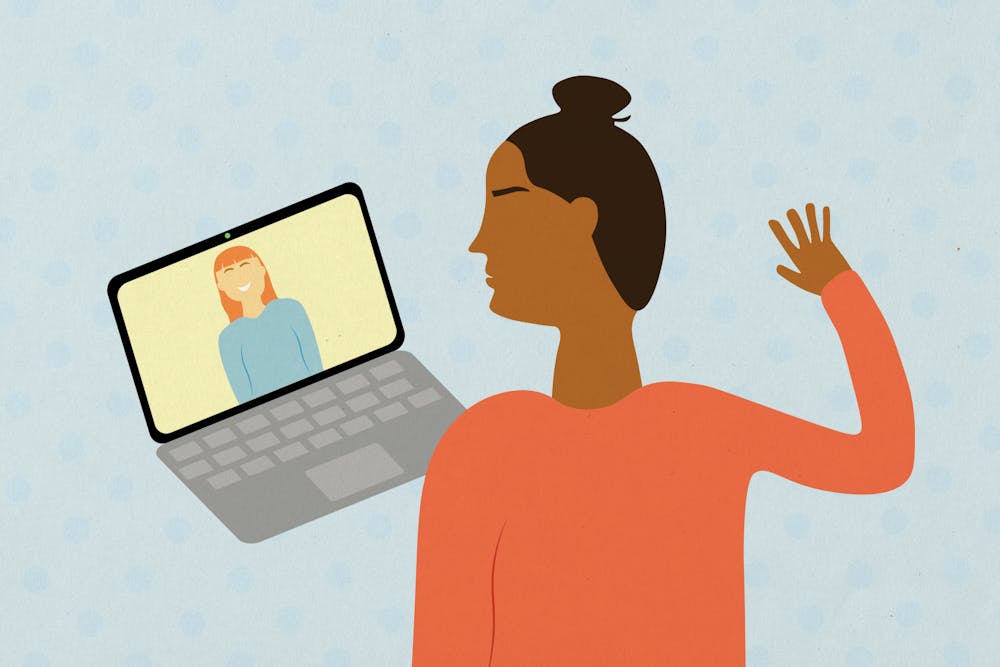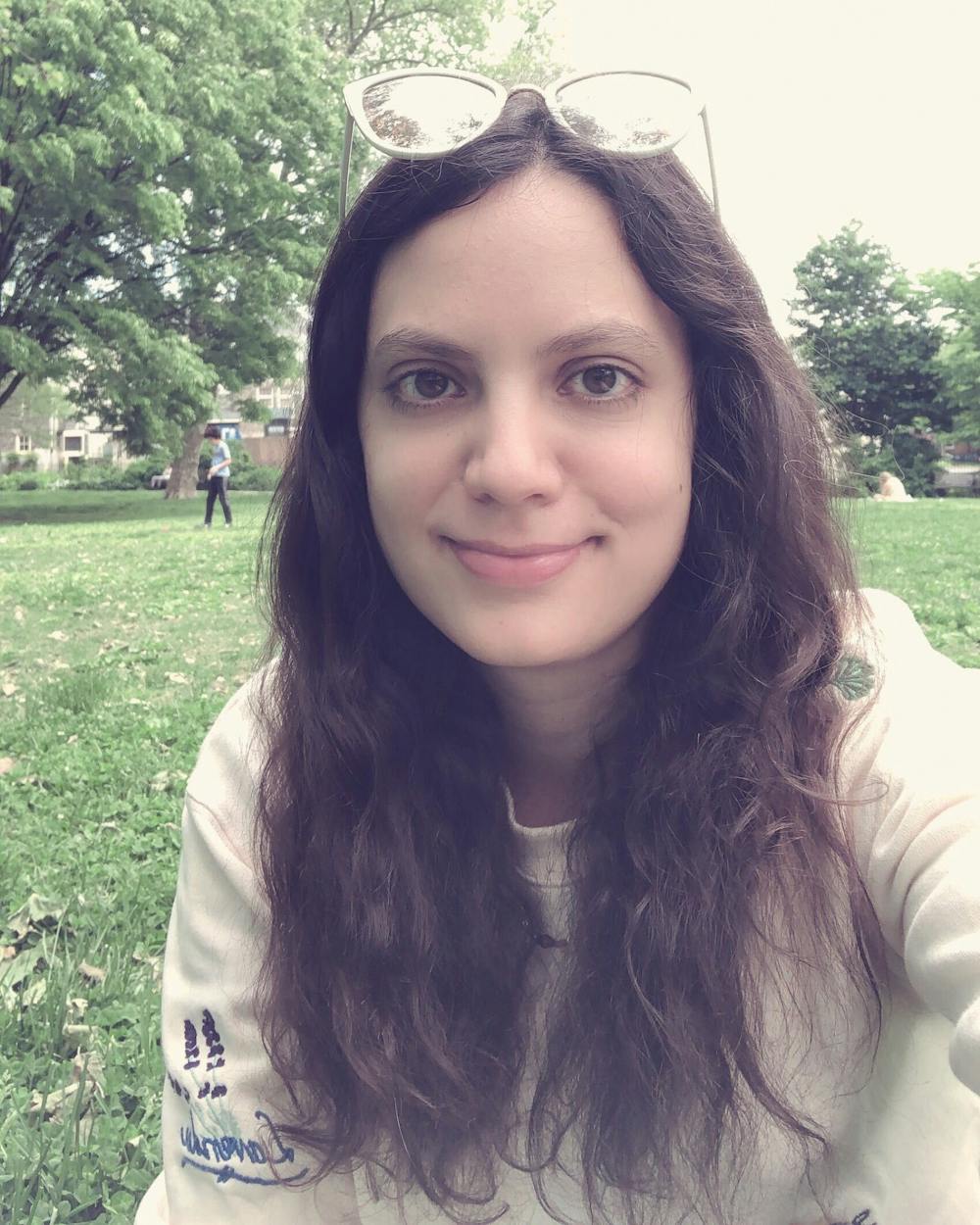
When Penn moved classes online for the remainder of the semester, everyone was dazed. Faced with the unprecedented threat of COVID-19, we all complied and emptied out libraries, classrooms, even dorms, as a collective effort to stop a new, threatening, and fast-spreading virus. Now, our community is scattered across the world. Given recent communication from University leadership, there’s a chance we might be back on campus by September – but also a chance we might not. According to Bill Gates, even if everyone, including Penn’s own medical facilities, does everything they can to find a vaccine, this means of ending the current global health crisis could be anywhere from nine to 24 months away.
We are all affected by this prolonged state of isolation and uncertainty in our own ways. Of course, some of us got sick or had people around us get sick; some of us are even grieving the loss of family members or friends. Our economic situation has also been impacted, sometimes dramatically if we ourselves or members of our support system have lost their job, which, especially for those working in the U.S., is not an unlikely prospect. International students, grad students, low-income students have also been uniquely impacted. And many professors are now taking care of their own children full-time while still being there for us students.
Problems that already existed before have become much more dramatic. Campus is usually a place that can balance out some inequalities, though not always, because we have a space and an experience in common. We have lost those serendipitous encounters with peers congregating for class, spontaneously getting coffee together, sitting out in the sun, and chance run-ins around campus. Without those opportunities for community, supporting each other can look more like checking in.
Penn’s mental health services need to do more to support students through this time. Being isolated in one’s home can make it hard to garner the activation energy to call someone, and it can be painful to explain one’s own sorrows, especially if even the best intentioned listener might not understand, and instead offer a response like ‘Oh, I didn’t think about that,’ which can feel invalidating and very lonely.
Given that both our concerns and our distance from each other have grown dramatically, we have to ensure that empathy and communication don’t fall victim to the pandemic and shutdowns. We have to make sure that we validate each other's experiences.
When talking to my friends who are U.S. citizens, they might not get the threat and stress of being an international student at a U.S. institution on a visa, like me. But telling them about it and hearing their support and encouragement can still make me feel better.
I might not know what it’s like to be a FGLI undergraduate student, but I still try to find ways to support friends who are. Even with my own privileged position of having at least three years left at Penn, I still can empathize with grad students who are closer to graduation and their difficulty with finding a new academic position without just combusting into a panic over my own future career. Many universities, including Penn, have implemented hiring freezes. The academic job market – a tight and small one at normal times – feels like it’s disappearing entirely. Professors have been advocating for grad students, but the future is still very uncertain.
In these difficult times, with a community undermined by being physically apart, communication and empathy are more important than ever.
Sometimes, we can look on the positive sides of things or gain new perspectives. Other times, all we can do is admit to the stress and uncertainty and listen to each other. But instead of invalidating others' experiences by comparing them to our own, letting them trigger our own fears, or simply keeping our frustrations to ourselves, it’s important to acknowledge the specificity of each individual's situation.
It’s key to keep an open mind and listen carefully, even if it's virtually, to what everyone around you is experiencing. The campus community might be in isolation, but we can still say “I hear you,” “I see you,” and “I love you,” and mean it. That expression of affection and support means so much more if it’s based on validation, not just blind support.
So let’s get that activation energy, commit to the specificity of every individual’s state of emotions and exterior circumstance, and connect with our Penn community to help each other get through isolation together.

ANGELINA EIMANNSBERGER is a Ph.D. student entering her third year in the Program of Comparative Literature. Her research focuses on Contemporary US women writers, Socialist Feminism, femininity, and women’s book clubs. Her email address is aeim@sas.upenn.edu.
The Daily Pennsylvanian is an independent, student-run newspaper. Please consider making a donation to support the coverage that shapes the University. Your generosity ensures a future of strong journalism at Penn.
Donate






